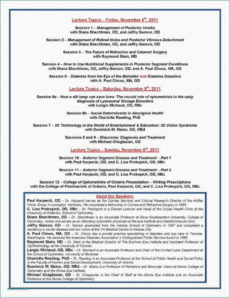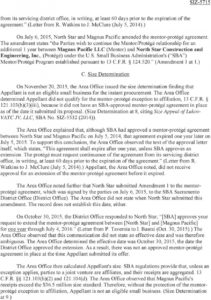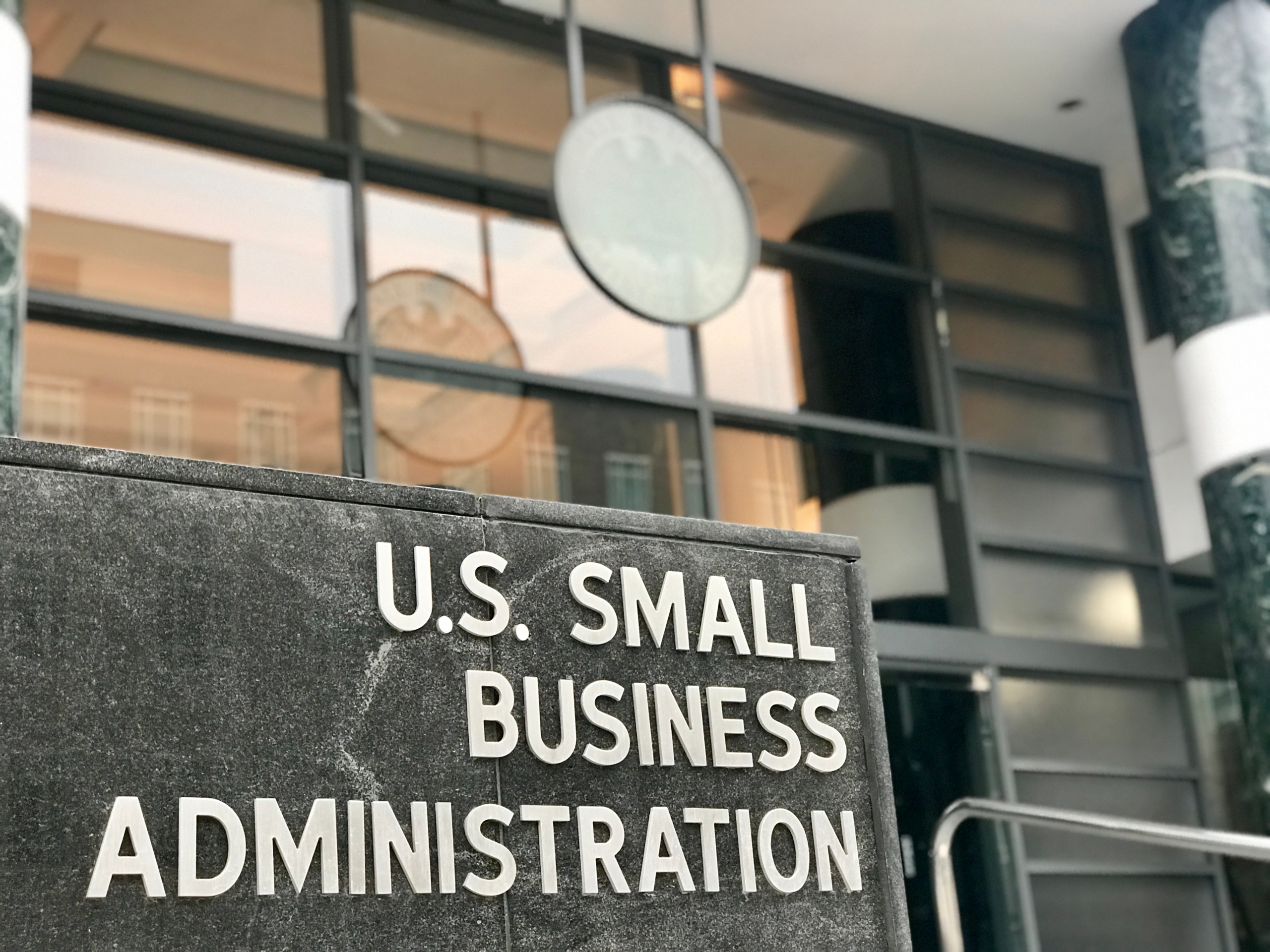

Clarifies that joint ventures may be populated with administrative personnel, including Facility Security Officers.

Novation of contract to the joint venture would start the two-year activity clock if that were the first award to the joint venture and a novation could be approved after the two-year period if the novation package was submitted for approval within the two-year period.Removes three-contract limitation for joint ventures, but retains two-year joint venture activity limit, beginning from the date of first award.SBA approval will still be required for 8(a) sole source awards. Eliminates need for 8(a) Participants to seek and receive 8(a) joint venture agreement approval from SBA for competitive 8(a) awards, but allows for checks of joint venture compliance through the size protest process.

#SBA MENTOR PROTEGE CODE#
Provides that SBA may approve a mentor-protégé relationship under a concern’s secondary NAICS code where the small business concern can demonstrate that it has performed work in one or more similar NAICS codes or where the NAICS code in which the small business concern seeks a mentor-protégé relationship is a logical business progression to work previously performed by the concern-but, SBA will not approve a mentor-protégé relationship in a secondary NAICS code in which the small business concern has no prior experience. Clarifies that a concern need not be “other than small” under its primary NAICS code to qualify as a protégé under a secondary NAICS code, but instead must show how the mentor-protégé relationship will help it further develop or expand its current capabilities in that secondary NAICS code. Use of Secondary NAICS Code for Mentor-Protégé Program Requires a protégé to provide “honest assessments” of its mentor’s performance to SBA during each annual review, allows a protégé to request SBA to intervene with an underperforming mentor on the protégé’s behalf, and allows SBA to terminate the mentor-protégé relationship or replace the underperforming mentor with a new mentor if the mentor does not overcome the protégé’s allegations of poor performance.Ģ. Allows SBA to determine that a protégé has exhausted its participation in the mentor-protégé program if the protégé shows a consistent pattern of terminating mentor-protégé agreements within the first 18 months, and therefore SBA may not approve additional mentor-protégé relationships for that protégé. Does not count mentor-protégé relationships terminated within 18 months of SBA approval of the mentor-protégé agreement against the protégé firm’s two-mentor lifetime limit. Provides that mentors who provide subcontracts to protégés with a principal office in Puerto Rico may (a) receive “positive consideration” for the mentor’s past performance evaluation and (b) apply costs incurred for providing training to such protégé towards the subcontracting goals in the mentor’s subcontracting plan. Provides that while a mentor cannot generally have more than three protégés at one time, “the first two mentor-protégé relationships approved by SBA between a specific mentor and a small business that has its principal office in Puerto Rico do not count against the limit of three protégés that a mentor can have at one time.”. Does not limit the size of mentor firms, and allows any business entity to act as a mentor, regardless of size, as long as that entity demonstrates both commitment and ability to assist small business concerns. Eliminates the reconsideration process for declined mentor-protégé agreements. Eliminates the 8(a) Mentor-Protégé Program. Mentor-Protégé Program Limitations and Requirements 
If you have questions concerning SBA’s final rule on its Mentor Protégé Programs, please register for our 90-minute webinar on October 28, 2020, at 2 PM ET, where SBA’s John Klein and PilieroMazza’s Pam Mazza and Peter Ford will examine the rule changes and its implications for your business.ġ. Below we summarize major changes in the final rule. In developing this final rule, SBA reviewed and considered the many comments it received, and PilieroMazza believes that the final rule makes many positive changes that will simplify its procedures for small businesses, particularly 8(a) program participants. Today, SBA issued its final rule making changes to its rules on joint ventures, the mentor protégé program, the Section 8(a) program, and much more.








 0 kommentar(er)
0 kommentar(er)
